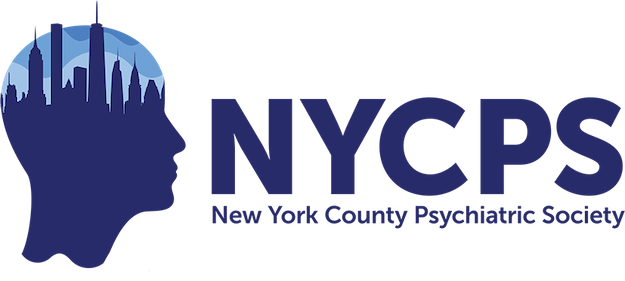- Home
- About Us
- Patients & Families
- Membership
- Programs & Events
- Grants & Awards
- News
- Psychiatric Careers & Classifieds
What is Psychiatry?Psychiatry is a branch of medicine focused on the diagnosis and treatment of mental, emotional, behavioral, and addiction disorders. Psychiatrists are medical doctors and must complete medical school, pass an exam for a state license to practice medicine, and complete four years of psychiatry residency.Psychiatry has several subspecialties and psychiatrists must complete additional training in order to become certified as a specialist. Subspecialties requiring certification include:
To learn more about psychiatry, visit the American Psychiatric Association’s website here. What is the difference between a psychiatrist and a psychologist?A psychiatrist is a medical doctor (M.D. or D.O.) who has completed medical school and four years of residency training in psychiatry. A psychiatrist can prescribe medication, perform medical examinations, tests, and treatments, and can also conduct psychotherapy.A psychologist must have a doctoral degree (PhD, PsyD, EdD) in order to practice, however, they are not medical doctors. Psychologists can offer psychotherapy, psychological testing and evaluation, conduct research, and work in schools, among a wide variety of other services and settings. |

